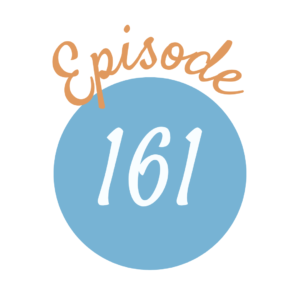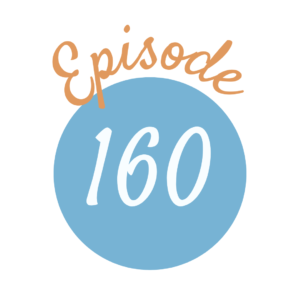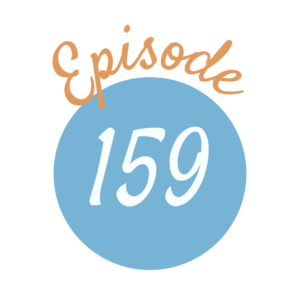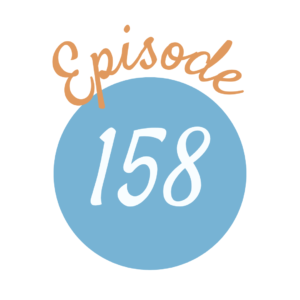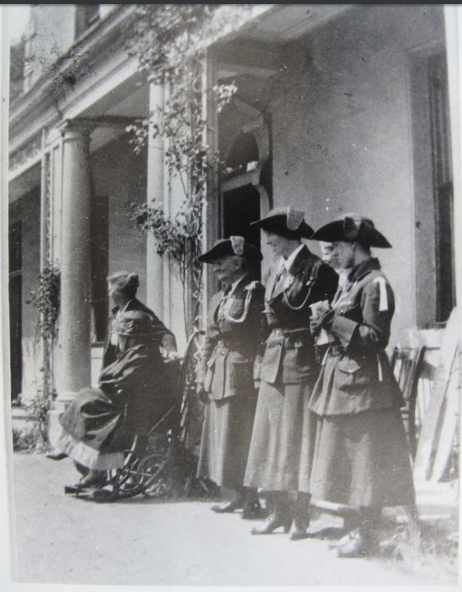Charlotte Mason sent her programmes out to thousands, but what would she say about families striking out on their own to determine their own course? It is an era of independent-minded homeschoolers; is it possible to come close to her standards for the feast and the right living books to offer? This episode explores the pros and cons of designing your own program, whether it is possible, when it is and is not wise. This episode is full of advice, encouragement, admonitions, and warnings for those who want to try, are hesitant, are too confident or too unsure of themselves to “do-it-yourself.”
“Perhaps we should apologise for ourselves as purveyors not precisely of books but of lists of books. Every headmaster or mistress is able to draw up such lists, but think of the labour of keeping some 170 books in circulation with a number of changes every term! Here is our excuse for offering our services to much-occupied teachers. There has been talk from time to time about interfering with the liberty of teachers to choose their own books, but one might as well contend for everyman’s liberty to make his own boots! It is one of those questions of the division of labour which belong to our civilisation; and if the question of liberty be raised at all, why should we not go further and let the children choose their books? But we know very well that the liberty we worship is an elusive goddess and that we do not find it convenient to do all those things we are at liberty to do.” (6/272)
“The ‘100 Best Books for the Schoolroom’ may be put down on a list but not by me. I venture to propose one or two principles in the matter of school-books, and shall leave the far more difficult part, the application of those principles, to the reader.” (3/177)
“Sometimes, parents have the mistaken notion that the greater the number of subjects the heavier the work; though, in reality, the contrary is the case, unless the hours of study are increased. Sometimes, outside lessons in languages, music, etc., interfere; some times, health will not allow of more than an hour or two of work in the day. The children in the practising school do all the work set, and their work compares satisfactorily with the rest, though the classes have the disadvantage of changing teachers every week.” (3/286-7)
“[P]eople are slow to understand that there is no part of a child’s work at school which some philosophic principle does not underlie.” (1/240)
“The right books exist, old and new, in countless numbers, but very great care is necessary in the choice, as well as much experience of the rather whimsical tastes and distastes of children.” (3/242)
“We may not Choose or Reject Subjects.––You will see at a glance, with this Captain Idea of establishing relationships as a guide, the unwisdom of choosing or rejecting this or that subject, as being more or less useful or necessary in view of a child’s future.” (3/162-3)
“The reader will say with truth,––”I knew all this before and have always acted more or less on these principles”; and I can only point to the unusual results we obtain through adhering not ‘more or less,’ but strictly to the principles and practices I have indicated.” (6/19)
Our Island Story, H.E. Marshall
Home Education Series, Charlotte Mason
The British Museum Book for Children, Frances Epps
Eyes and No-Eyes Series by Arabella Buckley
Awaken: Living Books Conference in Traverse City, Michigan (8/10/19)




